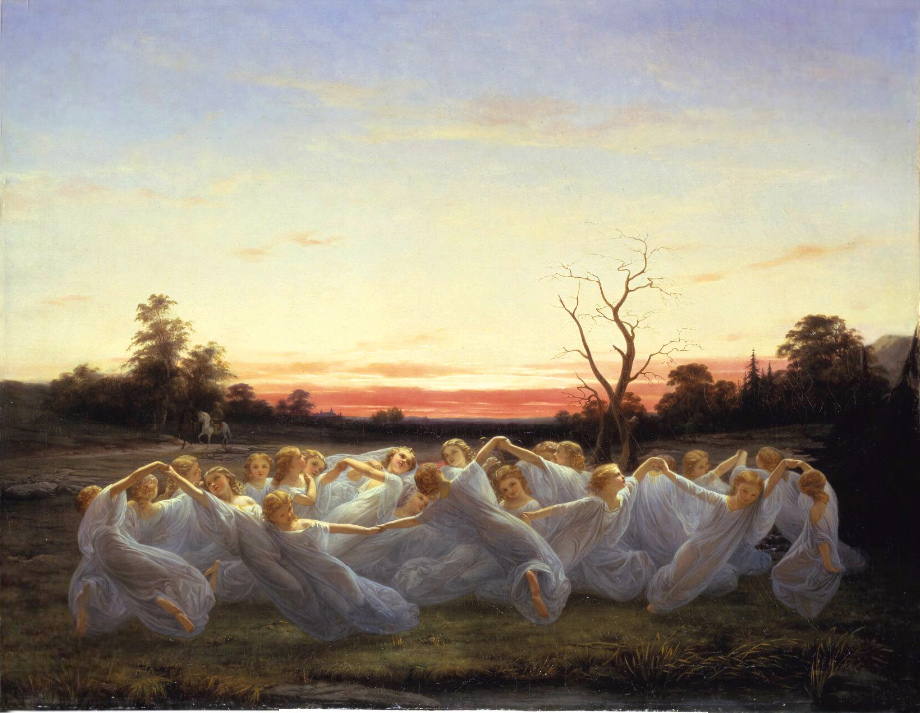 I finished Troll Valley last night, and like many of you, loved it. His characters have authentic voices and raise questions that are not clearly answered. His main character, Christian Anderson, follows a story arc somewhat similar to the priest of Graham Greene’s The Power and the Glory
I finished Troll Valley last night, and like many of you, loved it. His characters have authentic voices and raise questions that are not clearly answered. His main character, Christian Anderson, follows a story arc somewhat similar to the priest of Graham Greene’s The Power and the Glory, being a sympathetic boy who grows into a despicable coward and returns to being sympathetic again. It’s a beautiful, challenging picture of divine grace (not like the one to the right here).
One of the pastors in Troll Valley reminds me of a preacher I know through family ties. He knows the Bible well and yet is so wrong on select issues that you wish you could push him to become either a wholly sound pastor or a ridiculous fanatic. You might trust him more if he was less complicated, but such complications make the story so good.
One brief scene from the book may illustrate this point. Christian slips into the underworld or faerie land a few times. You might even say the whole story is about how faerie land is breaking in on Chris’ life. One time, he sees a giant hammering away on the manacles tying him to the ground. He’s crying because he can’t get free, but when Chris asks him about it, he says he chained himself down so that he wouldn’t attack the beautiful children who were playing nearby. Now in his chains, he wrestles to get free and attack them. That complex conflict of the heart and will may be the key to Troll Valley. Christian and other characters are limited in ways that keep them healthy to a degree and restrained. They don’t know how to assert their desires in positive ways and chafe at their restrictions until they can no longer stand it. If and when they break free, they make a terrible mess of themselves. Can they handle the self-determination they seek? Some of the restrictions which bind them are not sound ones, which makes the binding worse, and that is one of the major themes that makes this novel wonderful. Continue reading Phil’s Review of Troll Valley





